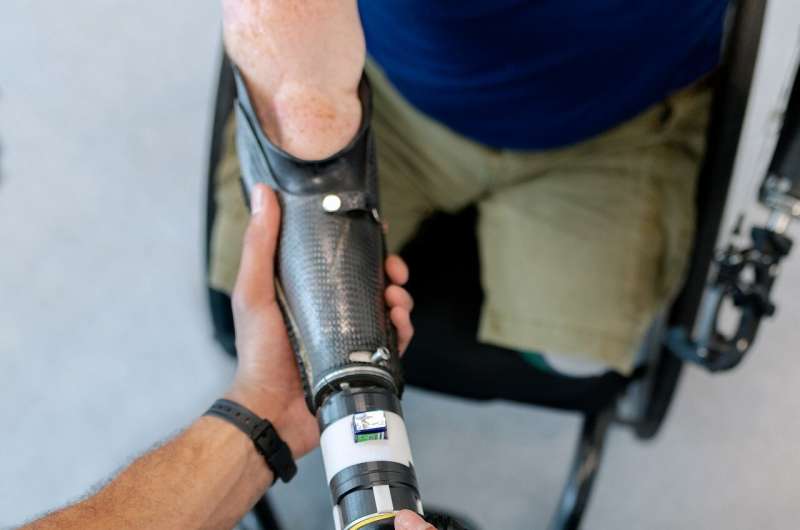Unexpected Births: NZ Ambulance Teams Share Their Experiences During Sudden Out-of-Hospital Deliveries

New Zealand ambulance crews share their experiences managing unexpected out-of-hospital births, highlighting challenges and the importance of specialized emergency training to ensure safe deliveries.
Occasionally, expectant mothers in New Zealand face the urgent reality of giving birth before reaching a hospital, prompting EMS teams to step in during these critical moments. Such unplanned, out-of-hospital births, although uncommon, pose significant challenges for emergency crews, especially when mothers or babies arrive unexpectedly, sometimes without any prior prenatal care.
This phenomenon can occur for various reasons: early labor, denial of pregnancy, or unawareness of being pregnant. Data from countries like Norway and Ireland reveal that infant mortality rates are two to three times higher in unplanned out-of-hospital births compared to those in medical facilities, underscoring the risks involved.
In 2024, New Zealand’s largest ambulance service, Hato Hone St John, responded to nearly 2,750 obstetric emergencies, comprising about 0.9% of all calls—similar to figures in Australia and the United States. To better understand these events, researchers surveyed ambulance personnel, finding that although such incidents are rare, they require staff to be well-prepared to deliver both mother and newborn safely while maintaining family-centered care.
Paramedics often encounter unexpected situations, including women with cryptic pregnancies—those unaware they are pregnant—leading to unanticipated labor. Emergency teams also deal with the emotional and psychological aspects, supporting young women in denial or fear of familial repercussions. One paramedic recounted attending a teenager who delivered in her bathroom with her parents returning home unexpectedly during the birth.
Practical challenges are common, with crews needing to improvise in resource-limited environments. They might use household items like plastic cling film to keep the newborn warm or perform emergency procedures such as cutting the umbilical cord when necessary. Distance to specialized neonatal units can complicate matters, requiring mothers and babies to be transported separately, which adds emotional strain.
Many of these emergencies happen in remote or less developed areas, where issues like cold weather, lack of heating, or absence of electricity make the situation more difficult. Ambulance crews often manage labor, delivery, and postpartum care in these settings with limited backup, highlighting the importance of ongoing training and preparedness.
Recognizing these needs, New Zealand has recently updated EMS guidelines and training programs to include culturally sensitive care and emergency birth support. Continued education aims to equip paramedics with the skills to confidently handle high-risk birth scenarios, ultimately improving outcomes for mothers and their babies.
These experiences shed light on the gaps in routine prenatal care and emphasize the vital role of emergency services in childbirth outside traditional settings, reinforcing the need for specialized training and community outreach to support women at risk of unplanned deliveries.
Stay Updated with Mia's Feed
Get the latest health & wellness insights delivered straight to your inbox.
Related Articles
FDA Urges Implementation of Child-Resistant Packaging on Nicotine Pouches to Protect Children
The FDA urges nicotine pouch manufacturers to implement child-resistant packaging to prevent accidental poisoning among children, amid rising exposure cases and risks associated with colorful, attractive designs.
Revolutionizing Healthcare with 3D Printing Technologies
Discover how 3D printing is revolutionizing healthcare by enabling personalized prosthetics, implants, surgical models, and pharmaceuticals tailored to individual patients, improving outcomes and accessibility.
AI-Powered Model Predicts Long-Term Disease Risk Using Large-Scale Health Data
A new generative AI model uses large health datasets to forecast over a thousand diseases and predict health outcomes up to ten years in advance, enhancing personalized medicine and early intervention strategies.



